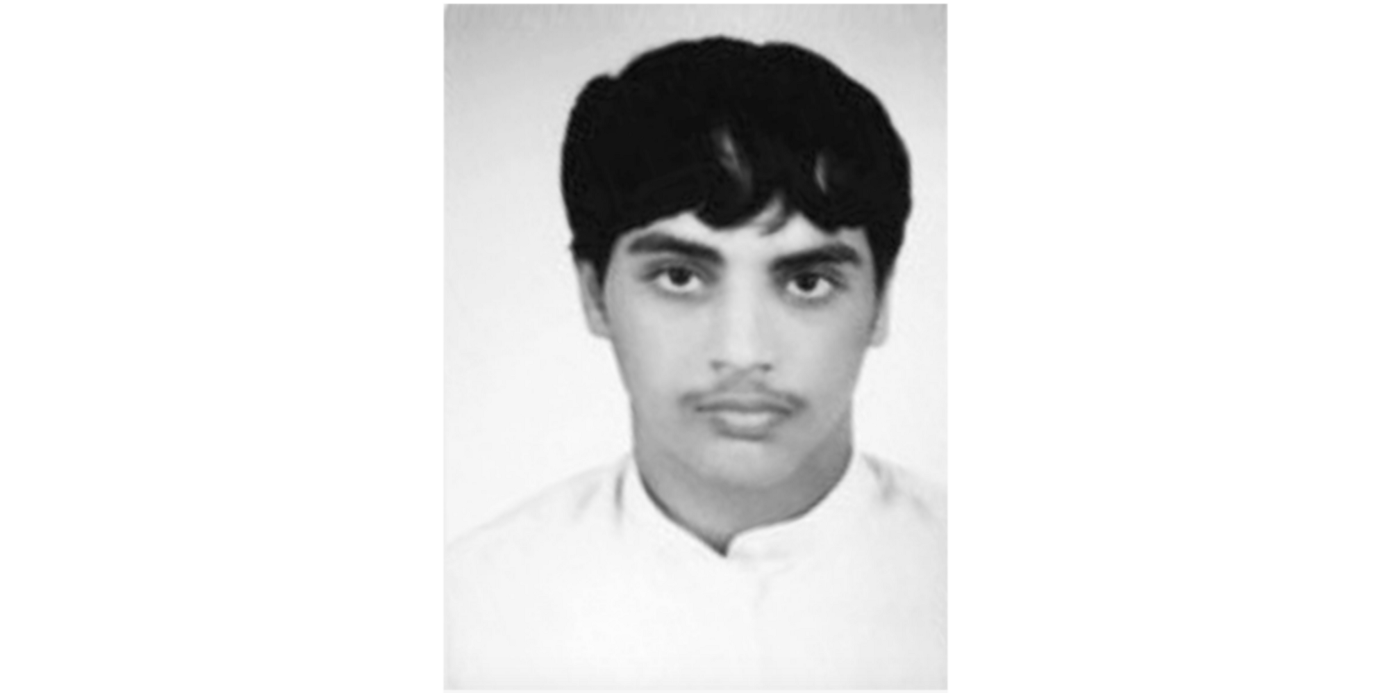by Hazar Kilani
Doha has slammed a recent decision by a UAE court to uphold a life sentence given to an Omani citizen that was accused of allegedly spying for Qatar.
Qatar’s foreign ministry on Wednesday denounced the UAE’s Federal Court of Appeal for its move to endorse the life imprisonment of Abdullah Al-Shamsi, noting the decision contravenes both justice and facts of the case.
The Foreign Ministry added that this ruling reveals the unacceptable behavior of the Emirati authorities that affects the rights of the Gulf citizen and violates the commitment to the rules and principles of respect for relations between countries. #QNA
— Qatar News Agency (@QNAEnglish) August 11, 2020
Al-Shamsi was arrested while studying in the UAE in August 2018 over claims he had provided intelligence to Qatar, which has faced a blockade imposed by the UAE, Saudi Arabia, Bahrain and Egypt since 2017.
The 21-year-old’s trial began in February but has been marred with due process violations, including being denied access to a lawyer during interrogation, as well as an alleged forced confession.
According to his lawyers, Al-Shamsi was only presented with evidence against him a month before his trial.
This includes tweets he denied posting, as well as online competitions he participated in when he was just 17 — all of which were hosted by Emirati TV stations and the Qatari-owned Al-Rayyan TV.
During his time in prison, he was subjected to incommunicado detention, prolonged solitary confinement, and torture, according to reports.
Prior to his arrest, Al-Shamsi was receiving treatment for kidney cancer, leaving him with only one kidney. He was also receiving medication and counselling for depression.
During his pretrial detention, Al-Shamsi was placed in the psychiatry department of the Sheikh Khalifa Medical City in Abu Dhabi for two weeks after suffering with “the collapse of his mental health”, a family member had told Human Rights Watch.
The source also stated that Al-Shamsi was diagnosed with high blood pressure and diabetes while in detention.
Earlier in May, Al-Shamsi’s family members — who have been denied contact with the young detainee since early March — received news from other prisoners that he was being held in a quarantine cell for prisoners infected with COVID-19.
His family also claim they were refused a request for information on his health.
Previous Human Rights Watch reports revealed COVID-19 outbreaks across at least three different Emirati prisons, including Al-Wathba, where Al-Shamsi is being held.
The latest developments prompted social media users across the GCC to share their views on the UAE’s decision using the Arabic hashtag #Justice_For_Abdullah_AlShamsi.







